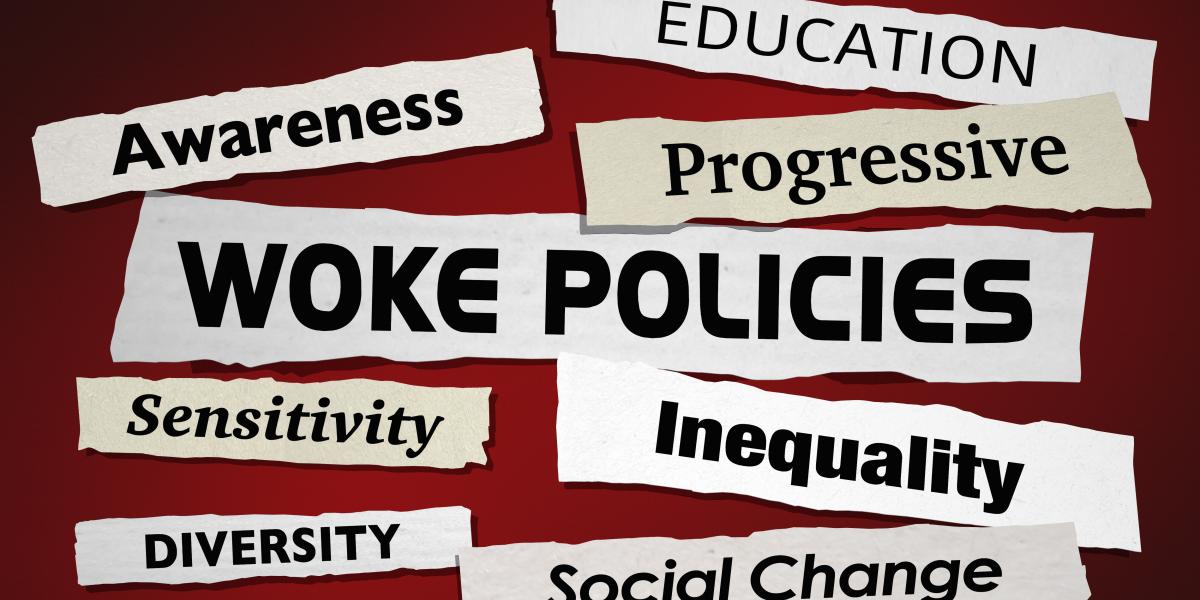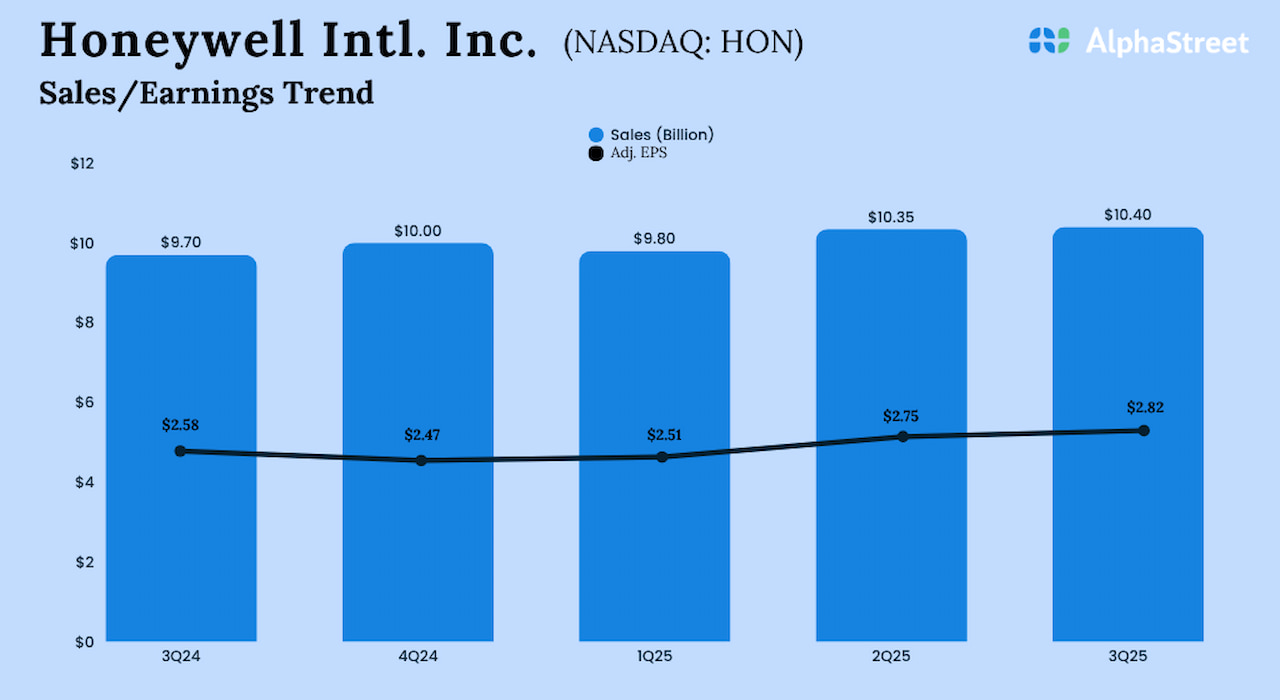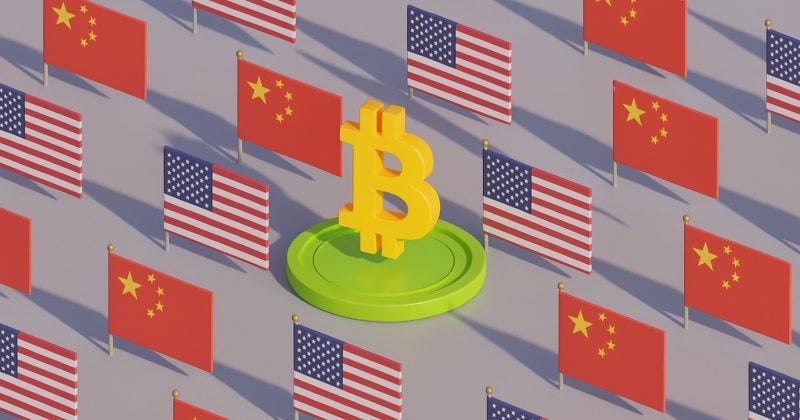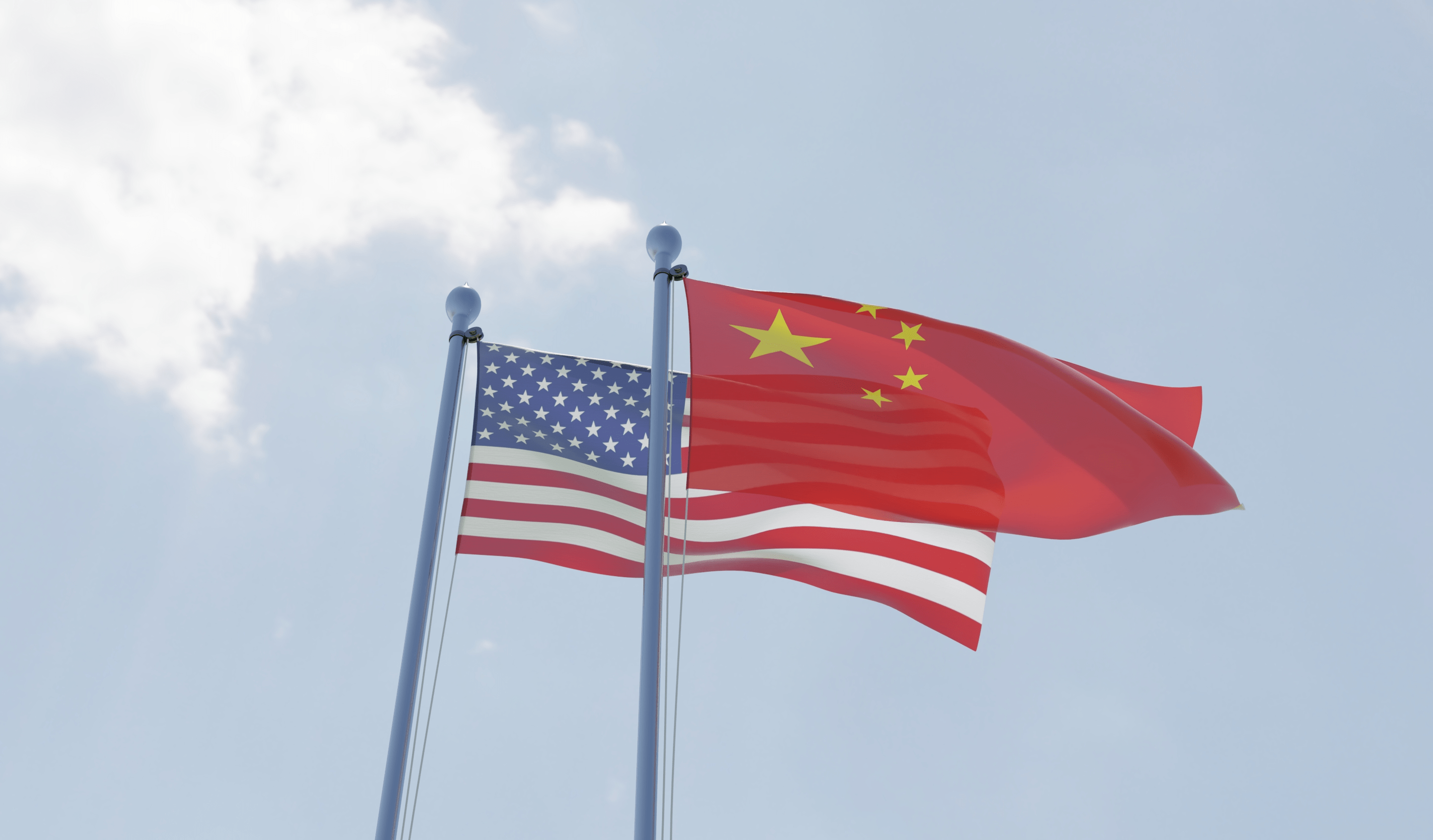The foundations of the welfare state can be found in Bismark’s idea of the social state, which, at first, was used to fight socialists on a political level, but hell is full of good intentions. Bismark in the 1880s created compulsory insurance for accident, health, disability, and age (pensions). He called them “state socialism” and explained that all measures were socialist, and the state had to adapt to a little more socialism. What he wanted was to make the workers more dependent on the state and on him, that is, to have a dependent population under the ideology of national collectivism. The idea was that it would generate dependence and loyalty, which the German government needed to dominate Europe. He saw it as an advantage to have 700,000 pensioners drawing rents from the state, especially those who did not have much to lose and mistakenly believed they had much to gain through public pensions.
Jesús Huerta de Soto explains that the conception of the human being as a creative actor leads to accepting the ethical principle that every human being has a natural right to appropriate the fruits of his own creativity. It is a fundamental principle that makes the market economy possible and which is attacked by state interventionism. The welfare state—failing to comply with this ethical principle—produces a generalized lack of coordination and imbalance in the different areas in which it acts, hindering economic development. These attacks on human creativity also mean that the welfare state is slow to innovate, always lagging behind its competitors in the development and application of new technologies.
Hans-Hermann Hoppe explains the consequences of social democracy from several perspectives. During the 19th century, suffrage increased progressively until the beginning of the 20th century, when universal suffrage for men, and later for women, became generalized. In the 20th century, compulsory military service was almost universalized, taxes, indebtedness, and public employment increased. They destroyed the gold standard to replace it with fiat currency, the savings rate stagnated, and the preparation of intellectual elites and public education declined. But crime rates, dependency, structural unemployment, parasitism, psychopathy, and hedonism increased. The reason, as explained before, is that for the public, government moderation has only disadvantages. When you receive a subsidy without a quid pro quo there is no incentive to be more productive in the future. As a result, productive activity and long-term forecasts decline. Redistribution taxes the most productive individuals by removing their incentive to produce, leading to the infantilization and moral degeneration of civil society.
But the one who best exemplifies the economic and social disasters of the welfare state is James Bartholomew in his book The Welfare State We’re In, who shows its evolution in the United Kingdom. He shows how in the early 20th century the masses went to soccer matches in suits or how in the 1950s the winners of boat races politely shook hands with their rivals. By contrast, in the 2000s the winners made inappropriate gestures or soccer matches were full of alcoholic and violent hooligans in tracksuits. It also shows how private charity through donations fell from around 10 percent of wages during the Victorian era to 1 percent today, or how 25 percent of Britons now rely on government grants.
Bartholomew tells how the Victorian era and its virtues flourished from 1834 onwards, from Edwin Chadwick’s 1832 report on the Poor Laws—which guaranteed free food and lodging—causing the incentive to seek work to be reduced, creating a culture of corruption and crime (what we might call “lumpen” culture). But the government did not learn, and in 1911, Churchill succeeded in introducing national unemployment insurance, even though the reality was that 10 million of the 12 million covered were already covered through friendly societies or workers’ unions. These laws, which became more and more widespread, once again encouraged unemployment.
At the social level, unemployment increases suicide attempts tenfold and is the major cause of depression and unhappiness. But so is incivility and delinquency, especially among young people. For example, in Northern Ireland, it was found that teenagers were twice as likely to commit crimes if they were not working or studying. However, incivility does not only translate into crime. For example, in Birmingham it was found that while men are more likely to swear and threaten, women are more likely to engage in antisocial behavior such as not giving up their seat to a pregnant woman.
Bartholomew also explains the problems of the NHS (British public health service) and public education. On the NHS he denounces the long waiting lists and how it has caused—in conjunction with the public university—a reduction in the number of students becoming doctors. Public schools encourage students with behavioral problems because they keep all students compulsorily schooled up to 16 in a prison where a gang atmosphere is quickly created in which power is held by the strongest. Alienated and bored children quickly become delinquent, starting by bullying their classmates. This means that teachers have to take charge of pacifying instead of teaching, often without success. The reality is that the poorest end up with the worst education and the worst healthcare.
The case of pensions is notable, which went from 14 percent in 1905 for those over 60 years of age to 57 percent in 2003, eliminating all incentive to save and impoverishing in general terms. While friendly societies fostered a sense of responsibility and created natural incentives to do good and live decently, due to the explicit declarations made by their members, the welfare state has led to the elimination of this responsibility to act decently, encouraging incivility, vandalism, and law-breaking.
James Bartholomew finally remarks that out-of-wedlock childbearing was between 4 and 5 percent between 1900 and the early 1960s and in the 2010s it was at 40 percent. In the 1950s, for an unmarried young woman with children, there were virtually no social benefits, the burden was on her and her family, and abortion was illegal, so there was less incentive to have sex outside of marriage. Parents educated their children not to get any woman pregnant, because they could ruin her, being a disaster for her.
In 2003, on the contrary, the state paid single mothers a “living wage” and often provided free housing, while the families only received more and more tax burdens. This has dire consequences, even with regard to violence. The risk of domestic violence in marriage in 2001 is 0.2 percent, while cohabitation is 1.1 percent—more than 5 times higher. The risk of children being abused is 30 points higher if their natural mother lives with an unmarried man, but also 20 points higher if they are an unmarried cohabiting couple. In addition, the risk of children of single parents dropping out of school at 16 increases by 60 percent, having sex before 16 by 80 percent, or smoking or doing drugs before 15 by 100 percent.
All of these policies and trends affect the poor the most. For example, divorce rates are 150 percent higher in the lowest income group compared to the highest. In contrast, married adult men are happier and healthier than single men being, for example, half as likely to commit suicide or half as likely to drink. As we have explained, the welfare state has greatly harmed the poor, condemning them to unemployment and social marginalization. Therefore, if we really care about the poor, we must end the welfare state.



























